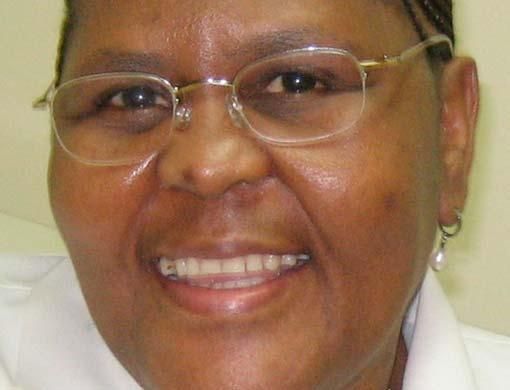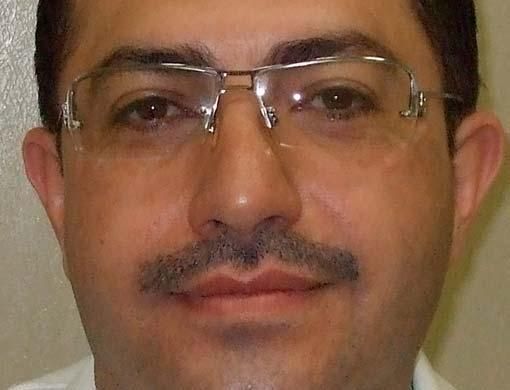Dubai/Fujairah/Abu Dhabi: Global warming was high on the agenda of world leaders last week as the two-week United Nations climate talks ended in Bali, Indonesia, on December 14, leaving the public to debate whether its efforts are in vain.
The Bali meeting approved a 'roadmap' for talks to adopt a new treaty to succeed Kyoto at a meeting in Copenhagen in 2009.
Higher temperatures could cause sea levels to rise sharply, glaciers to melt, storms and droughts to become more intense and mass migration of climate refugees.
The Kyoto treaty binds all industrial countries except the United States to cut greenhouse gas emissions between 2008 and 2012. The new negotiations aim to bind all countries to emission curbs from 2013.
In a Gulf News online poll, 83 per cent said they believe in global warming.
City Talk asked residents if they believed global warming was taking place and whether the recent Bali talks will make a difference to the emission of greenhouse gases by big economies.
Dr Mazen Al Janabi, 37, a plastic surgeon from Iraq, said: "I believe in global warming and believe that humans can do something to help because one of the reasons for global warming is humans, but it needs a global union and further talks should be held."
He added that the recent talks in Bali will make a difference but only if factories agree to change their practices. "I also believe in the education of people and fighting illegal industrial disposals. People should commit to making a difference and the government should place more taxes, limitations, and firm punishments if they want to slow down the process of global warming."
Ramesh Nair, 39, Indian warehouse manager, said: "One reason for global warming is ... too many vehicles. The second is ... the construction going on. Even though Western countries are the main environmental polluters, developing countries also have to take action on their part."
Frank Bishop, a pilot, 46, said: "There's definitely adverse weather patterns, especially in the UK because in the past 10 years it has become either very warm or very wet. When we get to the generation that faces an actual threat, only then will action be taken. So right now, what is happening is only talk about the future."
Sindiswa Manqamane, a South African radiographer, said: "I don't think there will be much difference through talks and conferences though. At this stage things have changed - the temperatures are no longer the same, different countries have different climates in strange times of the year. I don't think talks will make a difference and if there is a difference it will be too little or not recognisable."
Cabin crew Hugo Simoes, 25, from Brazil, said: "The change of weather is the main effect of global warming, and is getting warmer in particular countries and colder in others. The Bali talks tried to make a difference but I don't think it will succeed, just like the one previously in Kyoto."
Palestinian engineer, Nabeel Faraj Shaieb, 44, said: "I don't think the big countries, who are the major polluters, are doing enough to tackle it. I think the latest agreement is just a public relations exercise from the major countries and is not worth the paper it's written on."
C.D. Varghese, 49, an Indian Sales Supervisor, said: "The Bali agreement could be a good start but we still need to do much more and soon, otherwise it will be very difficult for the generations which will come after us. After all, this world doesn't just belong to us; we have to preserve it for our children and grandchildren."
Egyptian accountant, Hani Al Hadidi, 30, said it is time each person takes responsibility. "There are many things which the ordinary person can do. We need to increase public awareness. Many of us still waste electricity and don't recycle our waste. We need to stop waiting for the world to do something and start with just ourselves."














